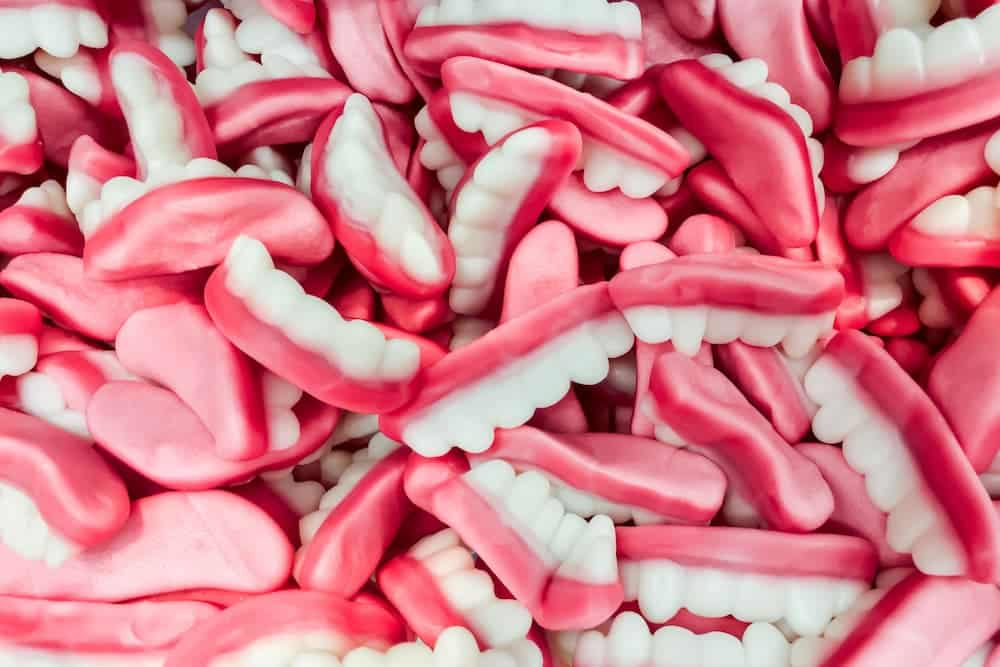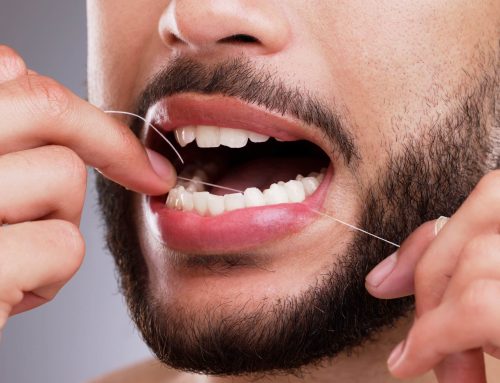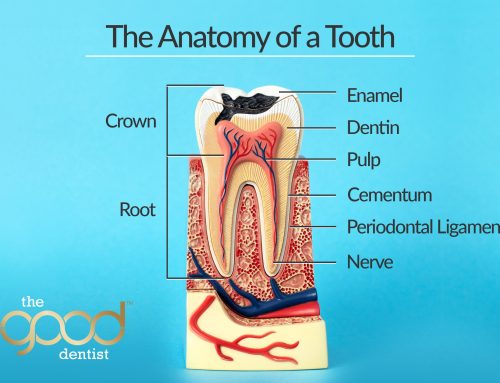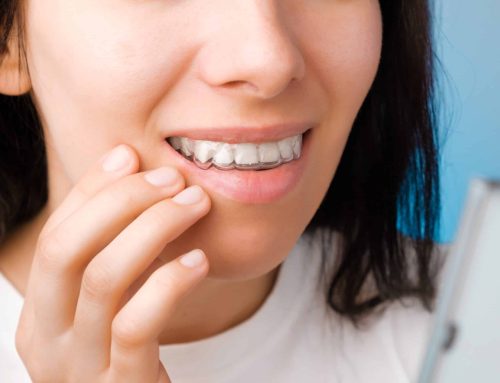Tooth decay, also known as caries and cavities, is the most common disease-related dental condition and affects a substantial portion of the population. The latest research reports that 1 in 3 Australian adults over 15 years of age has untreated tooth decay.
Tooth decay is caused by bacterial activity that results from eating food or drinking liquids that contain sugar. Bacteria break down this sugar, producing acids as a by-product. The acid then attacks the tooth enamel (the protective outside layer of your teeth), dissolving it and causing cavities. Pretty intense when you think that tooth enamel is the hardest part of the body!!
If left untreated, tooth decay pain can lead to infection. The signs aren’t always immediately obvious so it’s important to be aware of the leading causes of tooth decay such as poor oral hygiene, frequent consumption of sugary foods and drinks, dry mouth, and medical conditions.
Poor Oral Hygiene
The most common cause of tooth decay is poor oral hygiene. This means that you are not brushing your teeth twice a day, flossing daily, and visiting the dentist regularly. The importance of proper brushing and flossing cannot be overstated! It is also important to drink plenty of water so as to keep your mouth moist.
Avoid Frequent Snacking
Frequent snacking is another factor that can be detrimental to oral health. When you snack, the amount of sugar and bacteria in your mouth rises, increasing the chances of tooth decay. Instead of snacking on sugary foods like candy or even fruit juices (which have high sugar content), try healthy options such as vegetables or nuts. If you must snack, make a conscious effort to rinse your mouth with water and or chew some sugar free chewing gum. When the acid levels in your mouth have decreased it can be a good time to brush your teeth, reducing plaque build up and reducing the risk of cavities.
Sugar!
Sugar is not great for humans, but it tastes delicious. We are in a constant battle with sugar!
Sugars and starch are carbohydrates that stick to the teeth and feed the bacteria that cause tooth decay. To avoid tooth decay, you should limit the amount of sugar in your diet. Try to avoid foods that are high in sugar and starches, such as candy, cakes, cookies, and soft drinks.
And if you do want to satisfy that sweet tooth, consume a limited amount after a healthy meal. Try not to eat sugar in isolation, such as a snack.
Dry Mouth
Dry Mouth is a condition where the mouth does not produce enough saliva. If you have a dry mouth this can cause increased plaque build-up, tooth decay, and gum disease. Signs of dry mouth include bad breath and a burning or tingling sensation in the mouth. It can be caused by stress, aging, medications, or health conditions such as diabetes.
Gastroesophageal Reflux Disorder (GERD)
Gastroesophageal Reflux Disorder or GERD is a condition where stomach acid backs up into the oesophagus. Some people may have GERD without even knowing it because they have no symptoms or have never been diagnosed with the condition.
GERD is caused by not swallowing properly and can lead to tooth erosion because of direct contact with acidic substances in your mouth, which wear away enamel over time. If you’re suffering from frequent heartburn and acid regurgitation or poor digestion such as abdominal pain, a doctor can diagnose underlying medical conditions that might be contributing to your oral health concerns.
Respect Your Oral Environment
The leading cause of tooth decay is an oral environment that’s conducive to the growth of bacteria. The good news is that it is completely preventable. The best way to maintain a healthy mouth is to adopt the above tooth decay treatments, such as avoiding frequent snacking, limiting sugar in your diet, flossing daily, and brushing twice daily for two minutes.







